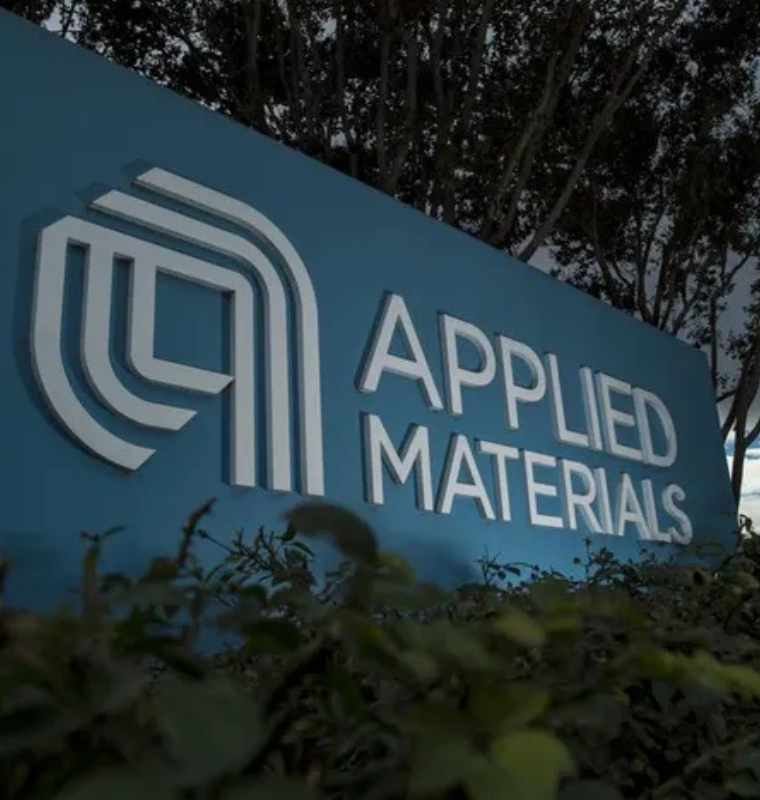UK Car Exports Gain Tariff Relief in New U.S. Trade Deal, but Steel Negotiations Still Ongoing
UK Car Exports Gain Tariff Relief in New U.S. Trade Deal, but Steel Negotiations Still Ongoing
By
Calder Monroe
Last updated:
June 30, 2025
First Published:
August 3, 2025

Photo: ABC7 Chicago
A new U.K.-U.S. trade agreement officially takes effect today, June 30, offering a significant boost to British car manufacturers through reduced tariffs, even as negotiations continue over the future of U.K. metal exports to the United States.
The deal, finalized last month, marks the first formal trade agreement with the U.S. since former President Donald Trump introduced a “reciprocal tariffs” policy aimed at rebalancing global trade. Britain’s agreement allows up to 100,000 U.K.-made vehicles to enter the U.S. market each year with a 10% import duty—far lower than the typical 25–50% levies imposed on auto imports from other countries.
However, exports beyond this 100,000-vehicle cap will face a steeper 25% tariff. While not tariff-free, the rate is still markedly more favorable than the 50% duty applied to vehicles from countries without a trade agreement. In 2024, British automakers exported 102,000 cars to the U.S., according to the Society of Motor Manufacturers and Traders (SMMT), meaning nearly all were subject to higher costs before this new cap.
U.S. Is the #1 Buyer of British Cars
The United States remains the largest single-country buyer of British automobiles, accounting for 27.4% of all U.K. car exports in the past year. The U.S. also maintains a goods trade surplus with the U.K., exporting more in value than it imports.
“This agreement offers critical certainty and immediate relief to U.K. automotive exporters,” said Mike Hawes, CEO of SMMT. “The 50% tariffs previously in place had a chilling effect on trade and put British carmakers at a global disadvantage.”
He added, “This deal helps restore market access and confidence for some of the most iconic brands in U.K. manufacturing.”
Tariff Progress in Aerospace—But Not Yet for Steel
Beyond automotive, the trade agreement will eliminate existing tariffs on British aerospace products, a sector that generated over £30 billion in revenue in 2023 and supports more than 100,000 jobs across the U.K. Still, progress on key industrial sectors remains incomplete—especially when it comes to metals.
Although British steel and aluminum currently benefit from a reduced 25% tariff compared to the 50% levied on exports from most U.S. trading partners, the U.K. government is pushing for a complete removal of these duties. The U.S. is currently the fourth-largest market for British steel, and a 0% tariff would represent a major boost to U.K. industrial exporters.
“The U.K. will continue working towards securing 0% tariffs on core steel products,” a government spokesperson said on Monday. “We are determined to make further progress in talks with U.S. counterparts.”
Political and Economic Significance
Prime Minister Keir Starmer praised the deal in a statement, calling it a “historic agreement that protects key industries, secures jobs, and strengthens our economic relationship with our most important trading ally.”
While it’s not a full free trade agreement, this limited but targeted tariff structure sends a strong signal about the deepening economic ties between the two countries, especially as the U.K. seeks to reposition itself in global trade following Brexit.
Looking Ahead
Analysts say the deal could be a stepping stone toward a broader economic partnership, particularly if ongoing talks over steel and aluminum are successful.
“There’s real potential for this to evolve into something deeper,” said Charles Lister, an international trade analyst at the Institute for Government. “This kind of sector-specific relief can offer momentum toward more comprehensive cooperation, especially in the context of growing global competition and rising protectionism.”
The automotive industry is expected to be the first major sector to capitalize on the deal, with many U.K.-based manufacturers already preparing shipments to meet growing U.S. demand under the new tariff structure.
Meanwhile, industrial stakeholders remain hopeful that metals—one of Britain’s most vital heavy industries—won’t be left behind in future negotiations.
Popular articles
Subscribe to unlock premium content
Indra Nooyi’s Strategic Vision at PepsiCo: Balancing Profitability with Purpose

Nike’s Direct-to-Consumer Revolution: How Cutting Retailers Boosted Profits and Control

Spotifys Playlist Power Turning Music Curation Into An Advertising Goldmine

Indra Nooyi’s Strategic Vision at PepsiCo: Balancing Profitability with Purpose

Nike’s Direct-to-Consumer Revolution: How Cutting Retailers Boosted Profits and Control

Indra Nooyi’s Strategic Vision at PepsiCo: Balancing Profitability with Purpose









